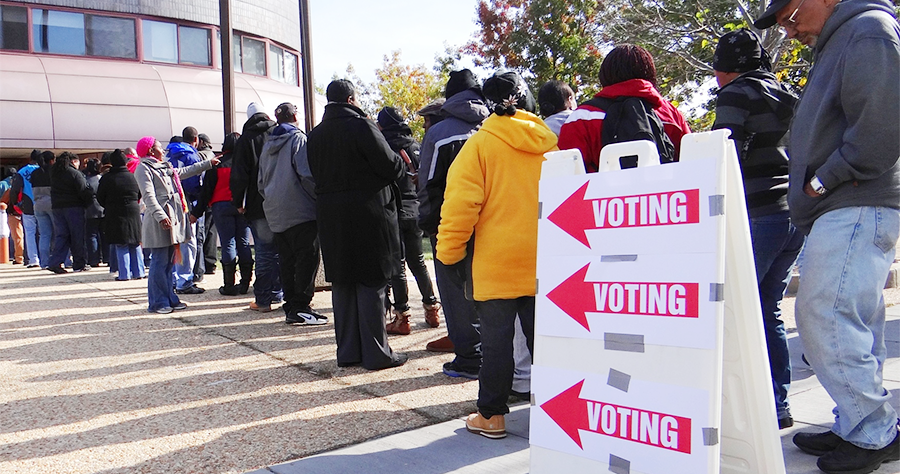Princess of Themyscira. Lasso-wielding badass. Feminist Icon. On June 2nd, comic-book lovers, women, and DC Universe fanatics alike flocked to theaters for the much-anticipated debut of Patty Jenkins’ Wonder Woman, a film that garnered publicity namely for purported exceptional female representation. Casted in the role of the Amazonian warrior princess was Gal Gadot, an Israeli actress and model. Known for her portrayal of Gisele Yashar in The Fast and the Furious (2001), her 2004 title of Miss Israel, and her service in the Israeli Defense Forces (IDF) from ages 18 to 20, Gadot quickly became famous for being a “real-life” Wonder Woman.
Truly striking, however, is how Gadot’s involvement in the film normalized Israeli military action against Palestinians. Fans have chosen to dismiss her time in the military as complying with Israel’s mandatory military service laws, suggesting that her role was passive rather than active. While we do not assert that Gadot should have boycotted her service, we critique her continuous role in supporting an institution that works to kill, dispossess and displace Palestinians. Gadot’s service coincided with a violent military campaign wherein an estimated 510 Lebanese civilians were killed at the hands of the IDF (Human Rights Watch). The institution she served is far from passive and it is wrong to assert her service, mandatory or not, did not have severe consequences.
Further, she continues to voice support for more recent Israeli military campaigns beyond her mandatory service. In reference to the 2014 war on Gaza, Gadot posted on Facebook, “I am sending my love and prayers to my fellow Israeli citizens. Especially to all the boys and girls who are risking their lives protecting my country against the horrific acts conducted by Hamas, who are hiding like cowards behind women and children…We shall overcome!!! Shabbat Shalom! #weareright #freegazafromhamas #stopterror #coexistance #loveidf.” The Israeli military campaign referred to in Gadot’s post left 1,462 Palestinian civilians dead, 495 of which were children and 253 of which were women. Six Israeli civilians died (United Nations). Israel has occupied Gaza since 1967 and laid siege to it since 1991. The most recent leveling in 2014 is only the most recent attempt by Israel, a state of tremendous military might, to achieve its settler-colonial ambitions.
The IDF has an extensive history of abusing Palestinians in the West Bank as well, including unlawful detention of children, raiding of homes, unprovoked killings and home demolitions. By overlooking Gadot’s support of the IDF and upholding the film solely for its female representation, uncritical viewers are complacent in the systemic oppression of the Palestinian people.
Viewers are further complacent by financially supporting a so-called feminist film that does not represent women of color. In response to the criticism that the film is only representational for white women, some have asserted that Gadot is a person of color, touting her identity as a Jewish-Israeli (comicbook.com). The use of the term “POC” works to demonstrate an individual’s relative social disadvantage with respect to the society in which they live. Gadot holds a position of social privilege within a country that has systematically displaced, massacred, and imprisoned Palestinians, and has participated and supported an institution that is instrumental in this process. Thus, the application of the term “POC” to someone like Gadot is inappropriate.
With all this in mind, we reject the notion that Wonder Woman is the perfect feminist film — far from it. With gaping holes in intersectionality and representation, this film can only be viewed as a representational win for white women who choose to either ignore or support white supremacy in all its forms. We recognize that Gadot’s publicized Zionism is ultimately weaponized to further the oppression of Palestinians globally.
On October 3, 2017, MacSUPER will be holding a meeting in CC216 to discuss the film and its cultural position. We encourage any and all Macalester community members to come and engage. If you are unable to make the meeting, please email us your questions and comments ([email protected]) and we’ll try to include them in our group discussion on October 3rd. Hope to see you there!
by the MacSUPER Board





Nathan Roberts • Sep 12, 2019 at 1:51 am
Wow! Itís a fastidious jQuery script; I was also searching for that, thus i got it right now from at this time. Keep it up admin.
Stewart Wright • Sep 10, 2019 at 7:15 pm
Wow, superb blog structure! How lengthy have you ever been blogging for? you make running a blog look easy. The whole glance of your website is wonderful, let alone the content material!
Peter Piper Pizza Coupons • Jul 30, 2019 at 4:17 am
Thanks for uncovering the brilliant post. You referred to the web link constructing methods extremely.
SKy-Zone-Coupon • Jul 29, 2019 at 5:23 pm
superb post mate, although there is certainly a good presssing issue with backlinking when it comes to web commerce.
Rabbi Fiona • Oct 7, 2017 at 11:05 am
The authors of this piece appear to take greater issue with Gadot’s criticism of Hamas using Palestinian civilians as human shields than with Hamas’s use of human shields in the first place.
If the BDS movement could come up with better means of attracting attention than litmus testing Jewish celebrities, Gadot’s IDF service might have been an interesting, if not particularly relevant, detail to the film’s release. The only thing that’s getting “normalized” is the hyperbole of articles like this one.
Ilan S • Sep 29, 2017 at 12:09 pm
So much nonsense in one article, unbelievable. First of all, Gadot should be proud of her military service and in fact she is, while in countries like Saudi Arabia women are allowed to drive only from this week of September 2017, in Israel women can serve in nearly every unit in the military and we already had a women Prime Minster which neither the US even had. Second, you bring up so many words that you have no idea what they even mean – “dispossess and displace Palestinians” look out east when 400,000 people bring displaced by Myanmar, where is your article about that? Or how about all of the people displaced in Syria? Are you out of your mind? about 700,000 Palestinians left in 1948 due to the war and about 800,000 Jews were kicked out of Arab lands. People being displaced during wars. You are just bunch of college students with to much free time and a social justice call in your mind that blinds you from seeing the true or the movie itself. I never comment, but this article got even me.